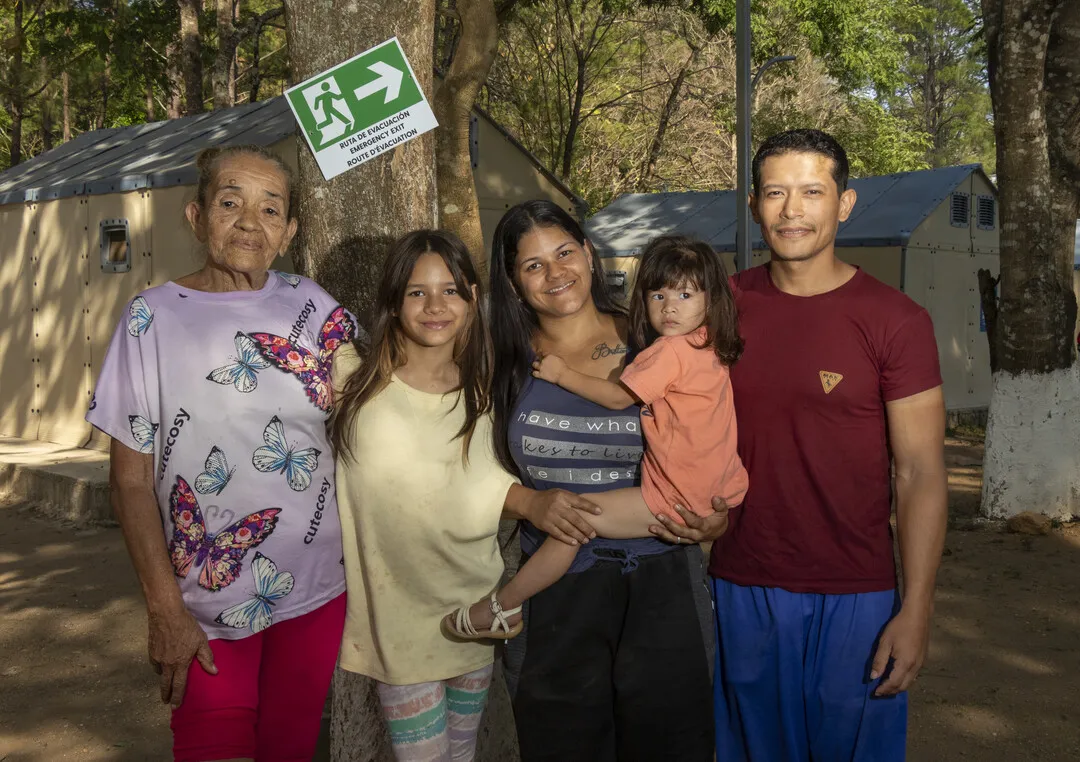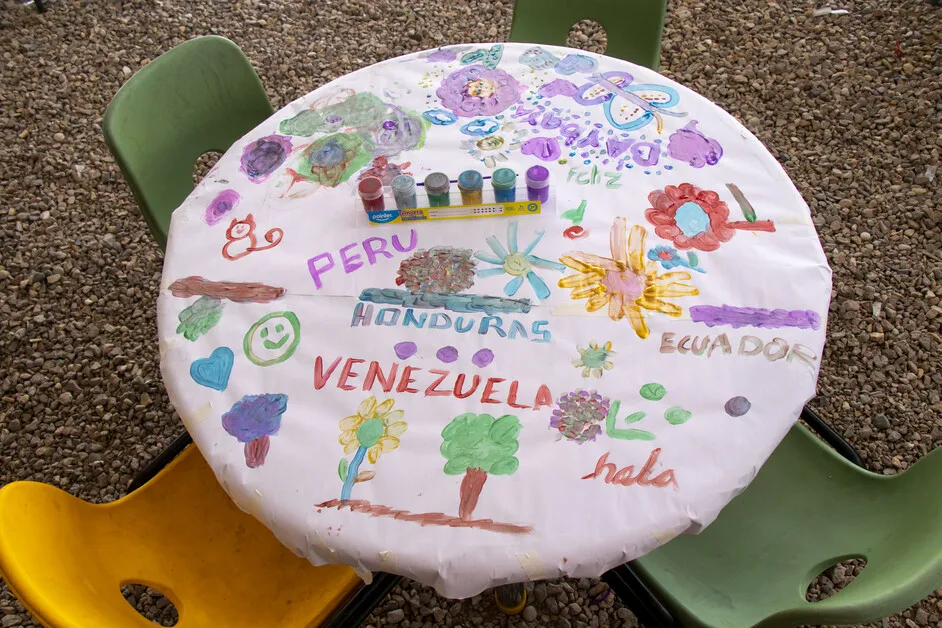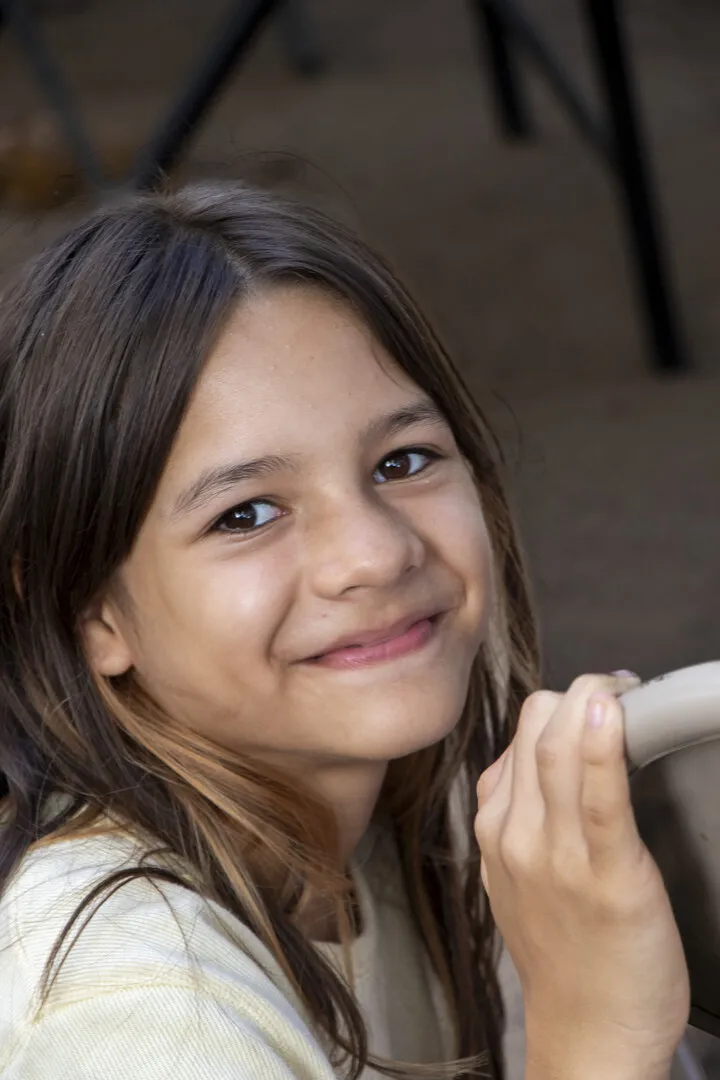In an interview with NBC News, Benjamin Gedan, director of the Latin America program at the Wilson Center global affairs think tank in Washington, D.C., described the sudden increase in violence in Ecuador as “apocalyptic.” “There is a real question whether organized crime can be brought under control with the resources that Ecuador has at its disposal. It’s really reminiscent of the darkest days of Mexico and Colombia,” he said.
By Spring 2024, the family of five had traveled almost 1,200 miles and was resting for a day or two at the Charitas migrant shelter on the border between Honduras and Nicaragua. The U.S. border with Mexico was still thousands of miles away. The most arduous and dangerous part of their journey to date, was the trek through the Darien Gap, a treacherous landscape of jungles and cliffs, covering a 60-mile section of Panama. Gangs often prey on migrants here, as there is little or no law enforcement or basic access to food and shelter. “Anything can happen to you if you are left alone in the jungle,” Nilson said.
“It was truly an experience that I wouldn’t wish on anyone. If they had explained to me before [we left home], I would not have risked my daughter, my grandmother, or any of us… We would have thought of doing something else,” Genesys said. “My grandmother broke her little foot… We ran out of food… It took us six days to get out [of the Darien Gap]. We were very hungry and, apart from everything, they [gangs] robbed us in the jungle, some hooded armed men came out, pointed guns at us and took all our money.”
Crossing rivers with a toddler and an elderly woman was the biggest challenge they faced from the natural world. The couple managed to shepherd everyone across the water, with Nilson holding two-year-old Melany and Genesys guiding her grandmother and Brittany.




